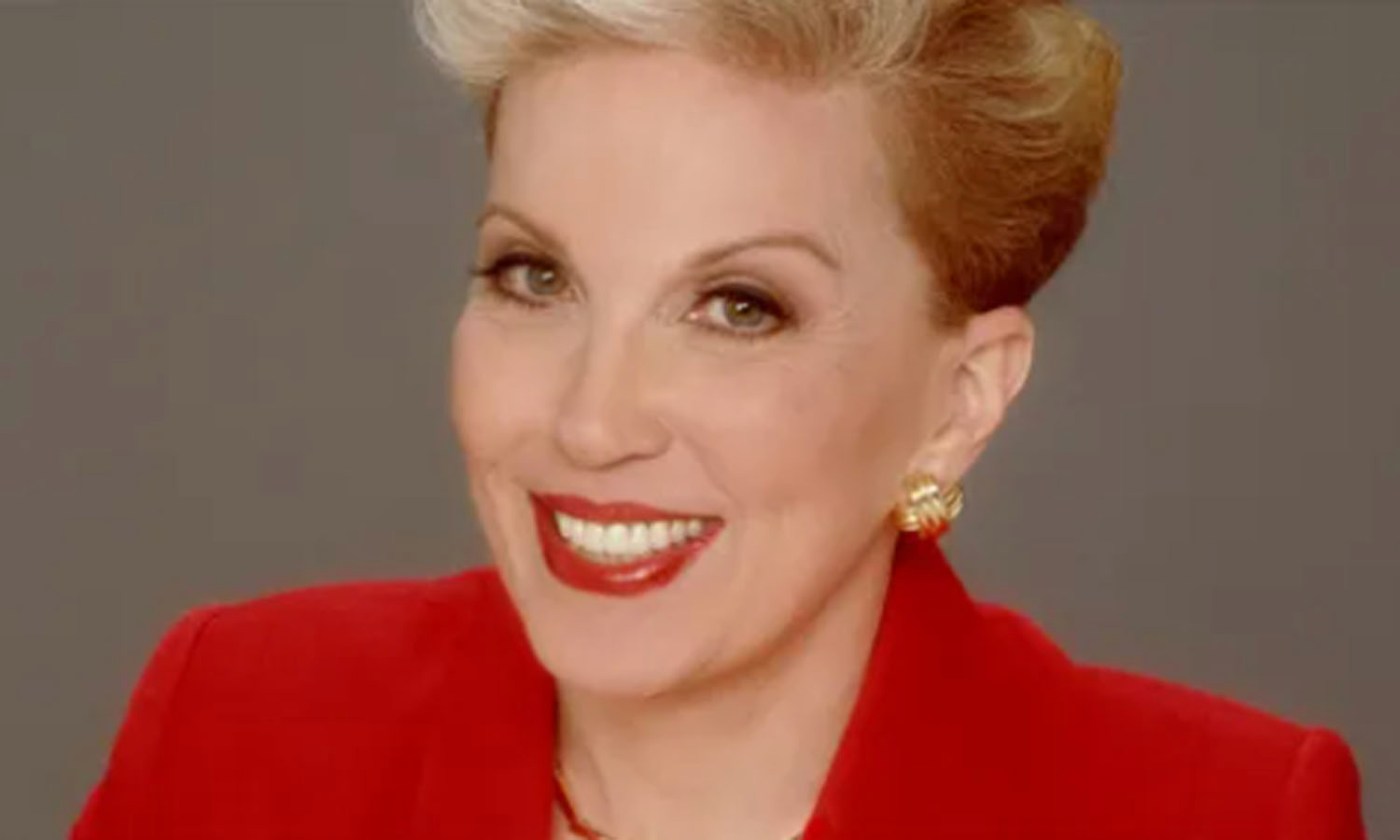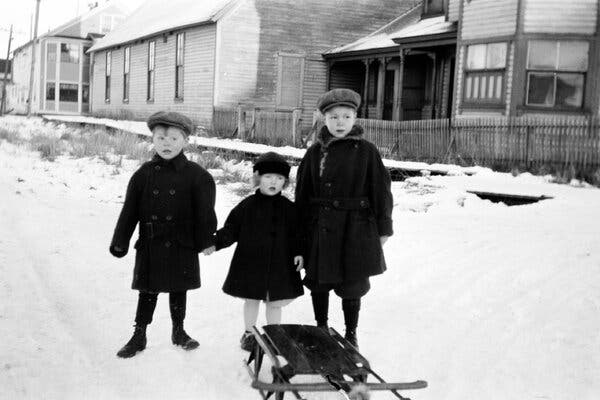Politics
Young Adult Questions Grandmother Role Amid Family Dynamics

A 19-year-old seeks advice on navigating her relationship with her grandmother, who she feels has never fulfilled the traditional familial role. In a recent letter to the advice column Dear Abby, the young woman expressed her frustrations about the lack of connection and her family’s expectations regarding respect for her grandmother.
Strained Family Relationships
The young woman, referred to as “Technically the Granddaughter,” explained that her father’s mother has not been a grandmother figure in her life. She stated, “No healthy relationship was ever formed,” and emphasized that her grandmother has failed to take responsibility for their estrangement. Her father believes the blame lies with the young woman’s mother, complicating an already tense situation.
Recently, the granddaughter unintentionally addressed her grandmother by her first name, which prompted her aunt’s disapproval. The aunt viewed this as disrespectful, leading the granddaughter to seek advice on how to communicate her feelings without causing further family discord. She noted a prevailing sentiment among family members that she should simply “forgive and forget,” a notion she strongly opposes.
Abigail Van Buren, the writer behind Dear Abby, responded by affirming that the young woman is not obligated to forgive a grandmother who never attempted to build a relationship. Nonetheless, she suggested that maintaining family peace might require some level of respect, recommending that the granddaughter refer to her grandmother as “Grandma” to avoid further misunderstandings.
Feeling Ignored by Parents
In a separate letter, a 40-year-old man expressed his disappointment over his parents’ reluctance to visit him. Despite living only 45 minutes away, he shared that his parents frequently decline his dinner invitations, often cancelling at the last minute. He finds this behavior particularly hurtful, especially as they seem willing to engage in social activities with other family members, including taking his nieces out and attending events.
The man, who referred to himself as “Home Alone in New York,” indicated that this long-standing issue has left him feeling like the “black sheep” of the family. He questioned whether his parents would treat him differently if he were married or had children, as is the case with his brother and sister-in-law.
In her reply, Van Buren noted that while it may seem that his parents are neglecting him, they are likely living busy lives filled with activities. She suggested that he might need to reevaluate his expectations and consider the dynamics of family relationships. Since he cannot change his parents’ behavior, a shift in his perspective could help alleviate some of his feelings of disappointment.
Dear Abby, created by Pauline Phillips and currently penned by her daughter Jeanne Phillips, continues to provide insight into complex familial situations. For more advice, visit DearAbby.com.
-

 Top Stories1 month ago
Top Stories1 month agoRachel Campos-Duffy Exits FOX Noticias; Andrea Linares Steps In
-

 Top Stories1 week ago
Top Stories1 week agoPiper Rockelle Shatters Record with $2.3M First Day on OnlyFans
-

 Top Stories6 days ago
Top Stories6 days agoMeta’s 2026 AI Policy Sparks Outrage Over Privacy Concerns
-

 Sports5 days ago
Sports5 days agoLeon Goretzka Considers Barcelona Move as Transfer Window Approaches
-

 Top Stories1 week ago
Top Stories1 week agoUrgent Update: Denver Fire Forces Mass Evacuations, 100+ Firefighters Battling Blaze
-

 Top Stories1 week ago
Top Stories1 week agoOnlyFans Creator Lily Phillips Reconnects with Faith in Rebaptism
-

 Entertainment5 days ago
Entertainment5 days agoTom Brady Signals Disinterest in Alix Earle Over Privacy Concerns
-

 Top Stories5 days ago
Top Stories5 days agoWarnock Joins Buddhist Monks on Urgent 2,300-Mile Peace Walk
-

 Top Stories7 days ago
Top Stories7 days agoOregon Pilot and Three Niece Die in Arizona Helicopter Crash
-

 Health2 months ago
Health2 months agoTerry Bradshaw Updates Fans on Health After Absence from FOX NFL Sunday
-

 Top Stories4 days ago
Top Stories4 days agoCBS Officially Renames Yellowstone Spin-off to Marshals
-

 Sports4 days ago
Sports4 days agoSouth Carolina Faces Arkansas in Key Women’s Basketball Clash

